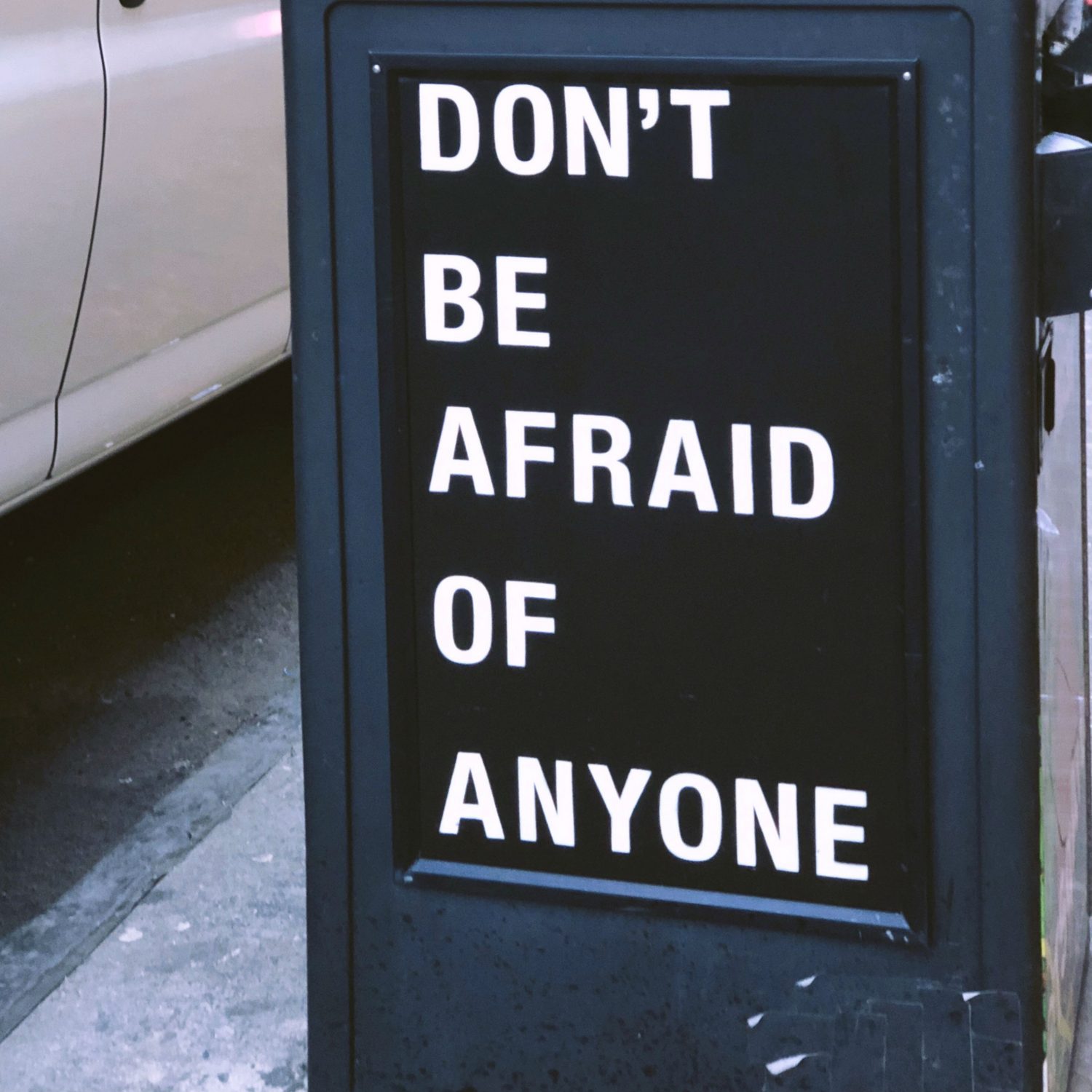Shame is the most powerful, master emotion. It’s the fear that we’re not good enough.
~Brene Brown
It’s no secret that the idea of shame is very real in Indian social constructs. The veritable ‘log kya kahenge’ is evidence of the high importance we put on ‘shame’. With this comes fear – of being judged, ostracised, rejected and criticised, or simply, the fear of being shamed.
The idea of shame is also deeply rooted in a skewed idea of power. The majority believes that it has the power to shame the minority for being different because difference itself is intolerable and must be squashed out of existence, preferably with humiliation. And in this era when open social media platforms allow unchecked broadcasts but facilitate no conversation, the power to shame others can be a heady experience, making the act of shaming more acidic than ever before.
Deviating in any way from the ‘norm’ in terms of gender identity or political ideology leads to the most vicious types of shaming these days. Men who dare to express feelings are immediately shut down with “ladkiyon ki tarah mat behave kar” (Don’t behave like a girl) – insulting both men and women in one phrase.
For a woman who has chosen not to marry, have a child, subscribe to conventional ideas of beauty or refused to down-grade her professional aspirations, shaming is part of daily life. Insults are flung, assumptions are made, condescending or misguided advice is offered, but never anything resembling empathy or respect.
Case in point – when I once attended a wedding, as a fat, single 32-year-old, a well-meaning aunt whispered to my mother, “Get her to lose weight. You know, who will want to marry a fat girl. Do it before it is too late.” While that sentence had absolutely no effect on me, my mother’s response startled me. I realised how brutal our society can be to those who live off the beaten path.
We’re judged for our choices, our minds, our bodies. If you are too thin, you aren’t appealing enough. If you are too fat, you are ugly and again, not appealing enough. If you aren’t conforming to a specific idea of beauty, you are always second rate, a subject for unsolicited advise. Everything other people say comes wrapped in a palpable sense of how being different is wrong – and being proud of it downright foolhardy. Women are ‘selfish’ if they focus on their careers. There’s a never-ending list of the binaries women navigate.
What must be kept in mind is that women are not just shamed for our physicality or choices. We are also shamed for our nerve. Our nerve to go against a prevalent mindset, and then be vocal about it. The vitriolic trolling, carried out under the cover of anonymous handles, is a heightened, more toxic version of the whispering that goes on about such women in their immediate circles. And often, when vocal women dare to open their mouths about our current political regime, this shaming joins hands with threats of sexual violence and death.
Which brings me to the second kind of shaming that is most prevalent today – political. There’s only one way to be an upstanding, proud Indian now and it involves the constant demonstration of patriotism – standing for the national anthem in movie halls, insistently looking beyond the massive failures of the current government and turning a blind eye to the divisive violence erupting across the country. We are expected to completely overlook or be blissfully unaware of the attacks against minorities in this country, be they Muslim, Dalit, poor or left leaning.
If you stick up for any of these, the shaming that follows includes everything ranging from ‘go to Pakistan’ to threats to be ‘raped in public’ to ‘Congress whore’. The remaining are excessively violent, vitriolic attacks, but add to the patriarchal truths we live in – rape is to shame the questioner, put her back in her place.
Language is weaponised into insults. The newly coined anti-national synonym ‘urban naxals’ is only the latest example. I, for one, have been itching to be a part of that list. Enough and more has been written on the absurdity of the term itself. But the act of shaming ‘the other’ nationalists is systematically executed and designed to intimidate. Our humour is more acerbic than ever, meant to attack rather than invoke a shared laugh. The welcome antidote to this culture is a few stand-up comics who are giving humour back its original sting without making it personal and violent.
Shaming has also overall become mainstream. Multiple Facebook statuses now dare us to copy and paste controversial or provocative text for no reason but to impose some weird entitlement about how we should or shouldn’t act on social media or in society at large. Refusing to comply or challenging others’ authority over your actions, no matter how trivial, unfailingly results in backlash.
The only way to fight back is with immense security and an unabashedly strong sense of self. There’s no shame in who we are, how we live, no matter how far we wander off the beaten path. We can fight back by exerting complete control over our own time, space, body, mind and political ideology. Because the only way of leading the life you want to, is to lead it.
You can read more from Saumya Baijal on her blog saumyabaijal.blogspot.com.

